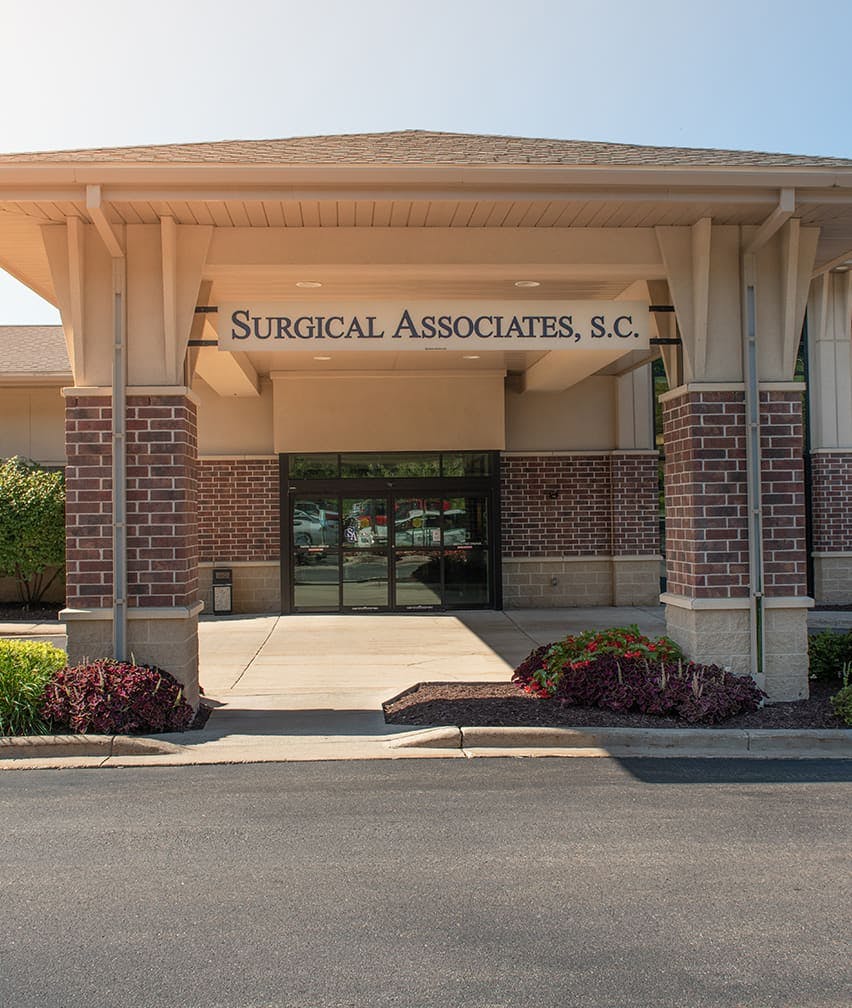Revolutionizing vascular care, Surgical Associates proudly presents Transcarotid artery revascularization (TCAR), a breakthrough minimally invasive procedure for treating carotid artery disease. Our expert team ensures superior safety and faster recovery, offering an advanced alternative to traditional surgical methods.
Am I a candidate for TCAR?
If you've been diagnosed with carotid artery disease, TCAR could be a potential treatment option for you. It's particularly beneficial for patients at high risk for traditional surgical procedures due to age, anatomy, or other medical conditions.
The TCAR procedure is ideal for patients who are acutely symptomatic or have certain considerations with their medical history. These considerations include recurrent lesions after carotid endarterectomy (CEA), high-grade lesions, or previous head and neck surgery or radiation treatment. Additionally, to be a good candidate for TCAR, you'll need to meet certain requirements for your vessel size and disease. No EEG monitoring is necessary, but you'll need to take Plavix for a period of time both before and after the procedure.
However, like all medical procedures, we will ensure you understand the procedures and any risks. Our team at Surgical Associates is highly trained and experienced in performing TCAR procedures, ensuring our patients receive the highest standard of care. We are committed to patient care and continually pursue the latest advancements in medical technology, including offering TCAR as a treatment option. Contact us today to schedule a consultation and learn more about how TCAR could benefit you.









